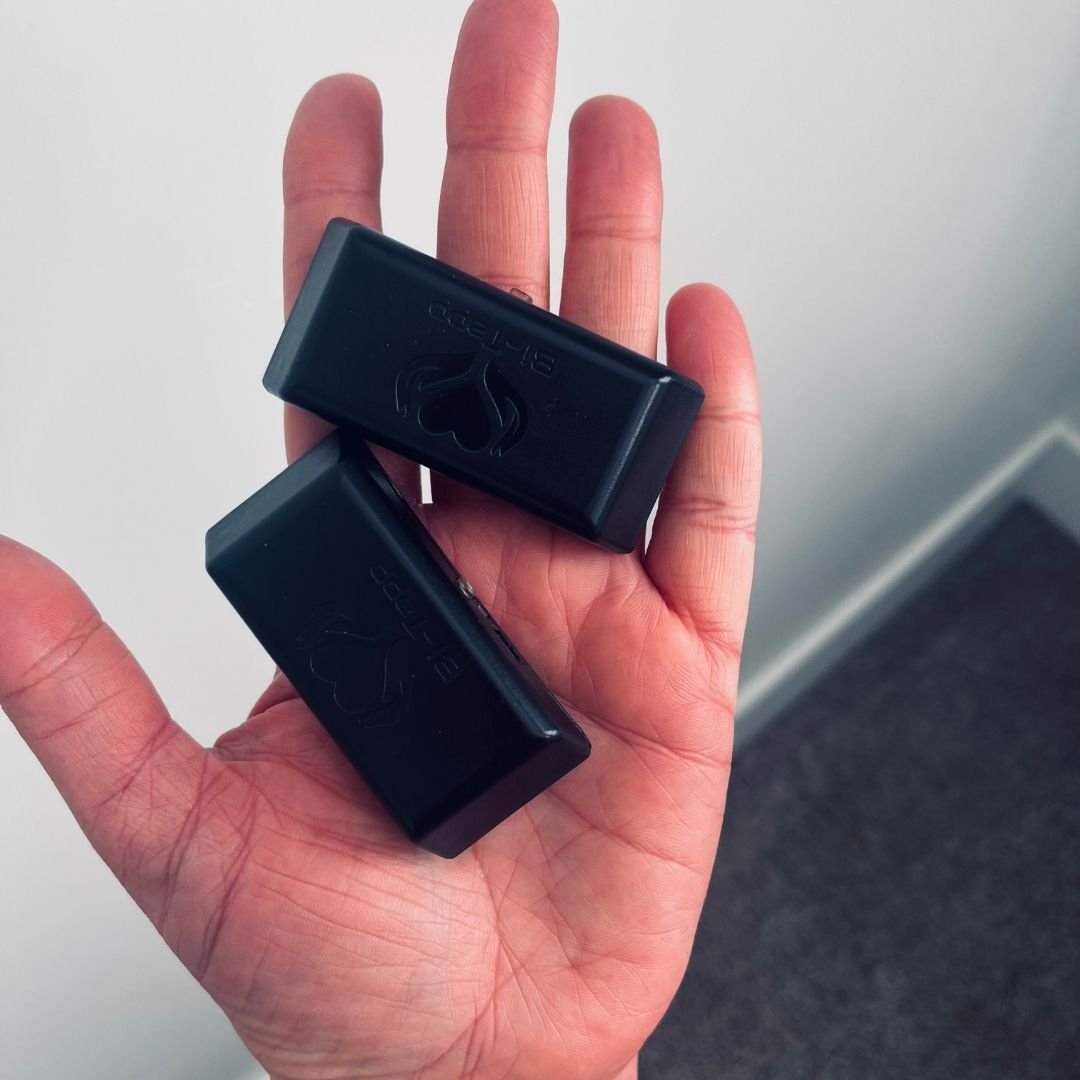Rest assured I’m not here to give you dating advice or to convince you that dating is fun. I won’t pretend that I know what you’re going through or give you my unsolicited opinion as your mom might ;). I know it can be frustrating living here in Utah and feeling the enormous pressure to date. It’s a big deal to try and figure out who you are and what your values are AND try to begin relationships. The great state of Utah has a heavy emphasis on dating and getting married and when you have anxiety about dating this is torture.
Dating can bring up all sorts of feelings you have about yourself. It brings up insecurities about body image, nervousness around finding the right outfit, having to eat in front of someone, feeling awkward, and not knowing what to say. I also know it's scary to be alone with someone and worry about your safety. All of these make it super hard for dating but when you have anxiety on top of all of that it’s incredibly difficult. I wish that I could dress in disguise and sit in the next booth at the restaurant you’re at so you wouldn’t have to feel so scared and alone. Since I can’t do that I want to give you some tips on how to manage dating anxiety.
Accept that you have dating anxiety
This might sound like a no-brainer but hear me out. Sometimes we fight with our brains or try to talk ourselves out of feeling a certain way. If you’ve ever been a victim to someone saying “just don’t worry about it”, you know that anxiety cannot just be turned off. Let me say that again, you can’t just turn anxiety off. Accept that you’re likely going to feel anxious at some point on your date, and that's ok! There’s nothing wrong with you. Meeting new people can be scary. Also remember that all those things your brain is telling you like, “I’m not pretty enough” or “He won’t like me” or “This is going to be so awkward” aren’t facts, they’re just anxious thoughts. If you can accept that these thoughts are going to show up but it doesn’t mean you have to latch onto them or believe them. You can let them come and go.
Focus on what you can control
You don’t have control over if your date likes you or not. You don’t have control over if you have a connection. You don’t have control over if you have anxiety but there are many other things you do have control over. You have control over what you wear, how you respond to things, and what you choose to do. Focus on those things. Dress in ways that you are comfortable and can feel the most confidence. I understand that if you have dating anxiety you are likely going to be somewhat uncomfortable so can you offset that by finding ways to be comfortable? Wear comfortable shoes, be gentle with yourself, and please don’t make yourself wear tight pants.
Don’t agree to things you aren’t comfortable with
No matter what, you don’t have to do anything with your date that you aren’t uncomfortable with. If your date wants to go for a drive up the canyon, you can say no. If you don’t feel comfortable driving alone even for short distances with them, you are allowed to drive yourself. If you want to invite another couple along, you’re allowed to talk to your date about doing that. If you aren’t comfortable with holding hands or don’t kissing on the first date, you absolutely don’t have to do that! You also are not obligated to go further than that either. If your date is unwilling to
accommodate what's in your comfort level, please don’t go or call someone to pick you up. You are already anxious and don’t need extra pressure.
Remember it's not your job to please your date or make them like you.
We all want to be liked. Some of us pretend we don’t care about that but deep down we all do. I totally understand feeling anxious on a date because you want to be liked so badly. You don’t have control over this, and you don’t need to spend your energy trying to fit a mold or getting someone to like you. I know it’s not easy to let go of this. I know it’s hard to just be chill and easygoing about being liked, and I’m not asking you to be. I’m reminding you how YOU FEEL MATTERS. You don’t have to go to great lengths to be impressive. You’re good enough now. If your date doesn’t like you, it doesn’t mean everyone else doesn’t like you either.
Have a goal for yourself on the date
If you don’t have control over if someone likes you or not and it’s not your job to please your date and let's be honest maybe you don’t even want to go on the date because you’re so anxious, you can choose to have a goal instead. Like with all things that bring us anxiety, practice and exposure to it help to decrease anxiety. If you want to lessen your dating anxiety, you need to date more often. I’m not saying you need to date to get married nor am I pressuring you to be in a relationship because I don’t care about that. I’m here committed to helping you ease your dating anxiety. Having a goal for what you want to focus on practicing on the date can be helpful. Do you want to practice deep breathing while in conversation? Do you want to practice asking and answering questions? Choose something that you want to feel better about when it comes to dating anxiety and practice it.
I just want to tell you I’m proud of you. I know dealing with dating anxiety is hard. I know you would like to avoid dating altogether, and if that’s what you choose to do, there is nothing wrong with it. You have to take care of yourself and do what's best for you. When we feel obligated or lectured into doing something, it’s really not a pleasant experience. There is no rush to your healing. Keep doing what feels right to you. You can trust your intuition.
Anxiety Therapy for Dating Anxiety
Dating anxiety really is the worst. I hate that you’re going through this. I don’t want you to feel so much pressure to date and overcome your anxiety. I want you to find relief from anxiety and date when and how you are comfortable. The women I work with feel the same way you do. They might feel anxiety about dating because they’ve had a negative experience with dating, or they just don’t like to date because they don’t feel great about themselves. Regardless of the reason, I’m confident that I can help.
Begin anxiety therapy in Utah?
You don’t have to keep dealing with the anxiousness of dating. Anxiety Therapy can help. This Northern Utah Counseling Clinic has an anxiety therapist who can help. To begin therapy, follow the steps below:
Meet with an anxiety therapist in Utah
Begin therapy for anxiety
Online Anxiety Therapy in Utah
I offer online therapy in Utah to help with your anxiety. I know it’s hard to go to therapy and take time out of your schedule, but I know how much therapy can help. It can be the thing that makes the biggest difference for you.
Online counseling means that if you are located in St. George, Logan, Salt Lake City, Cedar City, Heber and more, you have access to working with an online therapist in Utah.
Other mental health services provided by Maple Canyon Therapy
Anxiety therapy isn’t the only counseling service provided by this Utah Counseling Center. Other mental health services provided by Maple Canyon Therapy include therapy for birth trauma, eating disorder therapy, EMDR therapy, body image therapy, and binge eating disorder treatment in Utah.









































